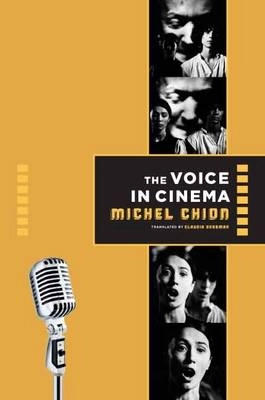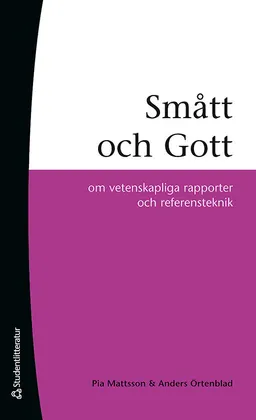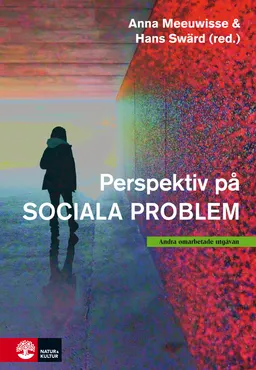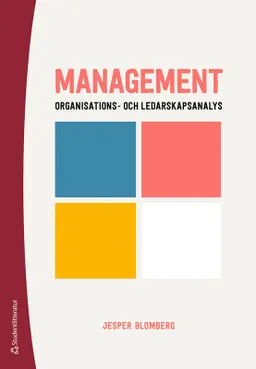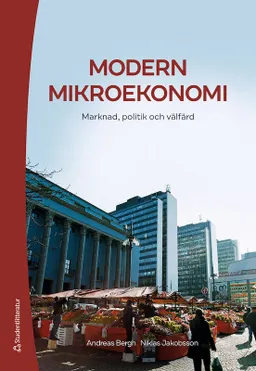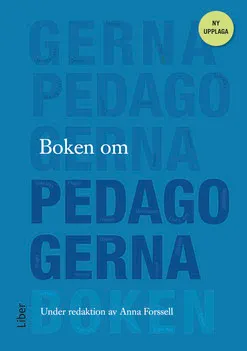How can a voice whose source is never seen--such as Hal in 2001: A Space Odyssey or the mother of Norman Bates in Psycho--have such a powerful hold on an audience? When does "synchronized sound" fail to link bodies to their voices, and how do such great stylists of sound film as Jacques Tati, Kenji Mizoguchi, and Marguerite Duras deploy the power of the voice? In this brilliant essay, Michel Chion, internationally cited authority on the history and poetics of film sound, examines the human voice in cinema. The Voice in Cinema begins with the phenomenon of film's hidden, faceless voices and their magical powers, particularly in the context of Lang's Testament of Dr. Mabuse. Chion then explores subjective voices, bonding and entrapment by telephone, voice-thieves, screams (male and female), siren calls, and the silence of mute characters-all uniquely cinematic deployments. In conclusion, Chion considers "the monstrous marriage of the filmed voice and body" as embodied in Norman Bates. Claudia Gorbman's fluent translation retains Chion's sophisticated and accessible style, introducing readers to a distinct and paradigm-changing voice on film.
Åtkomstkoder och digitalt tilläggsmaterial garanteras inte med begagnade böcker
